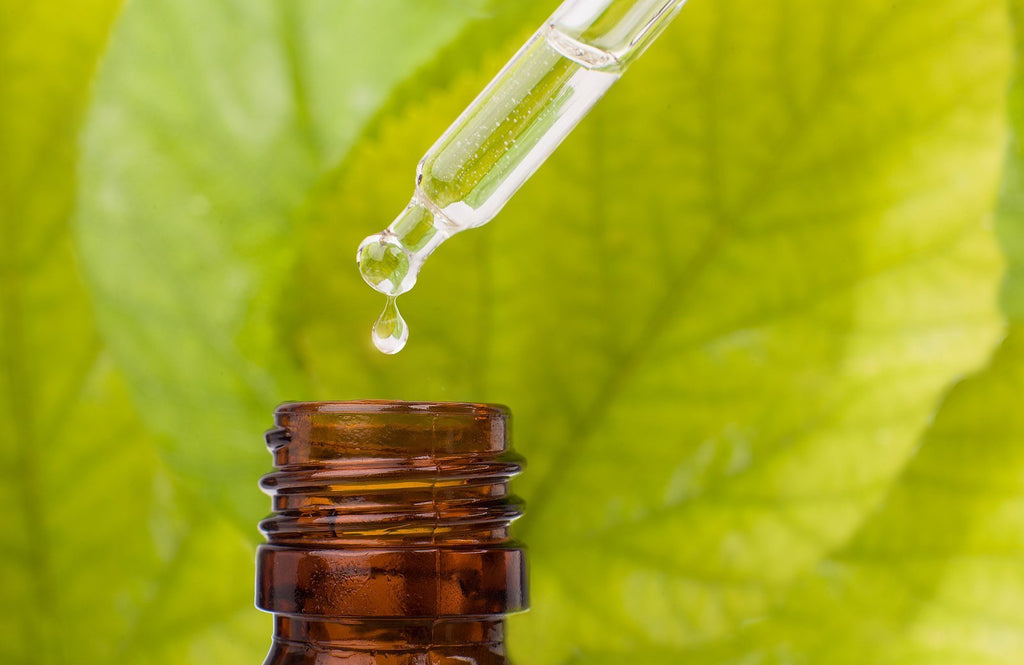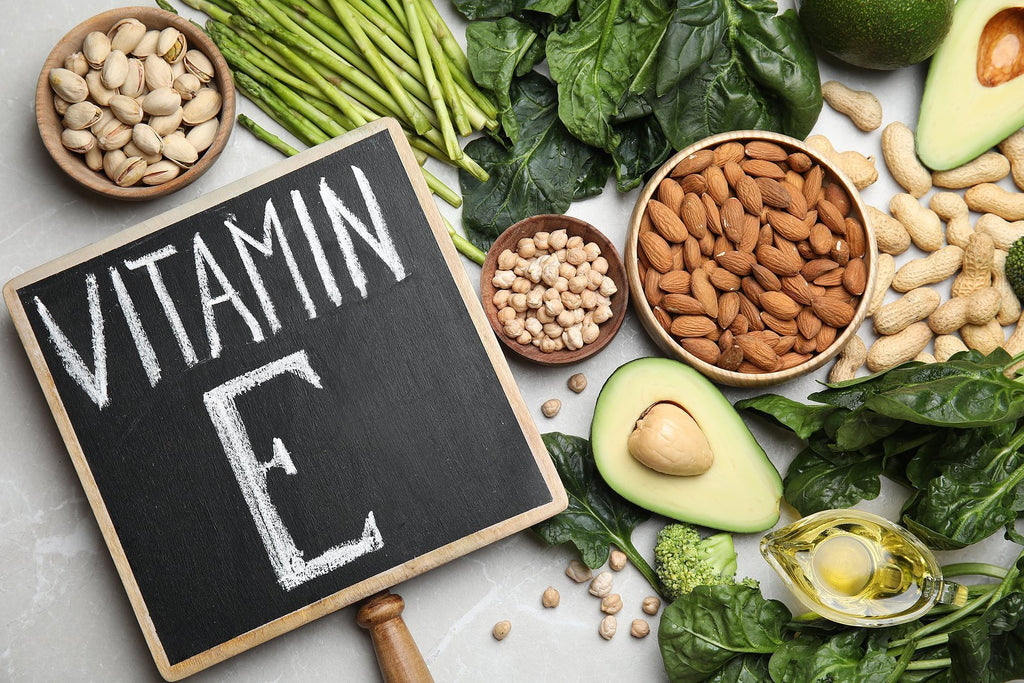Vitamin E Toxicity: Symptoms & Proper Dosage
Vitamin E has incredible health benefits! You can tap into its antioxidant powers by eating a diet rich in its food sources and taking the right supplement.
As with supplementing any nutrient, you want to be sure you’re getting the right amount. Taking more than you need isn’t necessarily better for you. This is the case with vitamin E.
Keep reading as I cover the benefits of vitamin E, the recommended dosage, the best forms and toxicity symptoms.
Healthy Foods That Provide Vitamin E
For a good dose of vitamin E, snack on almonds, sunflower seeds, brazil, pine and hazelnuts. Need one more reason to eat an avocado a day? It’s packed with vitamin E!
Vitamin E is Best Known for:
- Slowing aging
- Boosting Immunity
- Assisting gene expression
- Improving heart health
- Helping eye function
- Enhancing skin
- reduces sun damage
- restores moisture
- minimizes scars/fine lines
Can You Overdose on Vitamin E?
The short answer is YES!
Following the recommended dosage is really important because your body absorbs and handles each vitamin differently. For example, fat soluble vitamins E, D, A and K, are stored in your body for longer periods of time. Water soluble ones, like vitamin C and B complex, are more quickly excreted through urine.
Since vitamin E (and other fat-soluble vitamins) can build up in your body, it’s possible to experience adverse health effects, or vitamin toxicity.
This scenario is rare, so don’t let it scare you away from consuming vitamin E. Vitamin toxicity occurs more commonly when extremely large doses are taken over a long period of time. Nonetheless, this is good information to know!
Symptoms of Vitamin E Toxicity
Again, vitamin E toxicity can be rare but here’s what to look out for:
- Bleeding – very high dosages of vitamin E can interfere with blood clotting. This risk is greatest when combining vitamin E and blood thinning medications.
- Nausea
- Diarrhea
- Stomach cramps
- Fatigue
- Muscle weakness
- Headache
- Blurred vision
So, What’s the Right Dosage?
If you’re getting some vitamin E from your diet, most adults should only supplement between 150 and 200 IU per day. I don’t recommend taking more than 300 IU per day, unless working with your doctor.
IU stands for “International Unit” and is a way to measure fat soluble vitamins and other substances.
How to Choose a Vitamin E Supplement
If you’re not eating vitamin E rich foods regularly, it’s a good idea to take a supplement.
Taking the right kind of vitamin E is critical to your health. Here’s what you should know:
1) Look for NATURAL (not synthetic) forms. Look on the label for:
- “d-alpha-tocopherol” – this is the natural form that you do want.
- AVOID “dl-alpha-tocopherol” – this is synthetic form that you do not want. Notice the “l” in the name is the only slight difference.
2) Look for one with ALL 8 compounds. The label should include:
- 4 Tocopherols (alpha, beta, delta, gamma)
- 4 Tocotrienols (alpha, beta, delta, gamma)
Of course, BodyManual has this all covered with my Full Spectrum E formula. You can see what the label should look like and review that product here.
Alright, so now you know a lot about vitamin E and what TOO much looks like. If you’re ready to switch gears and learn about vitamin E DEFICIENCY, click here and I’ll see you then!
"Very good E vitamin! It really helped. You can see the difference on your skin. Also can be used external to solve all kind of skin problems in combination with other creams."
Leslie Nurth - ⭐️⭐️⭐️⭐️⭐️
Sharing is caring
Know Your Body - Know Your Health






